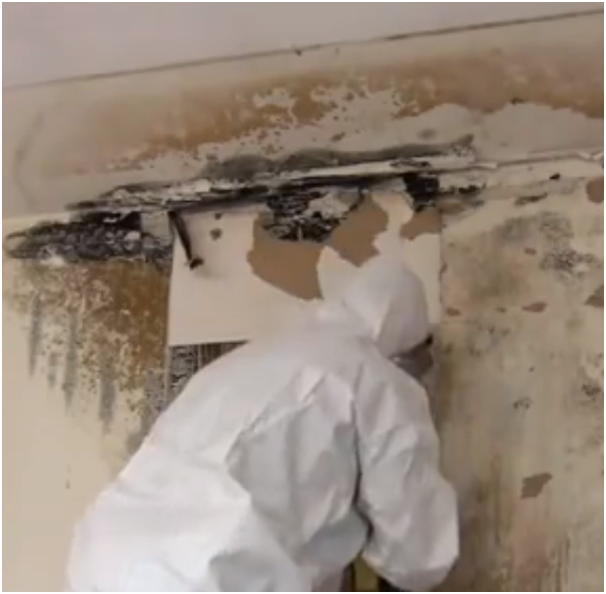Environmental remediator is one of those jobs that people probably don’t recognise immediately, which means that people who do this have to explain what it involves. That’s probably a good thing, because it spreads the word about how our environment is being looked after.

An environmental remediator helps to clean up and restore land that has previously been contaminated by pollution. After the remediator has finished and the land remediation service has done its work, the site is a healthy place for human beings, wildlife and plants to live.
Knowledge Needed
The first thing the remediator needs is to know how land gets polluted, and how various contaminants behave. Hydrocarbons, heavy metals, agricultural residues and many other materials can contaminate land. But while some contaminants are fairly easy to remove, others may affect the water course, or sink into the ground, and this can pose serious and ongoing risks to human health.
Not only does the remediator need to understand what has contaminated the land, he or she also needs a good knowledge of the law that applies to the problem. Not only this, the expert remediator will be able to apply the law to particular circumstances, assessing the sensitivity of a site, its historic use, its local context and its specific features. So the job is a combination of theoretical knowledge, practical skills and the ability to analyse complex criteria and come to a conclusion.
The remediator will usually write a report on what needs to be done to rectify the pollution, so they need to be able to simplify the complex data they have collected, and turn it into information that can easily be understood by the client who is paying for the land remediation service. So the ability to write plain English on technical subjects is very important.
Getting Experience
An Environmental Science degree is a good start for this career. The degree courses usually involve field work, and this is great experience for later work on remediation sites.
Another good way into the field, is to offer yourself as a paid or unpaid assistant in the vacations, so that you make contacts, pick up skills and get some real world experience.
Environmental remediators are definitely good guys – they make the world a little healthier and happier than they found it.



